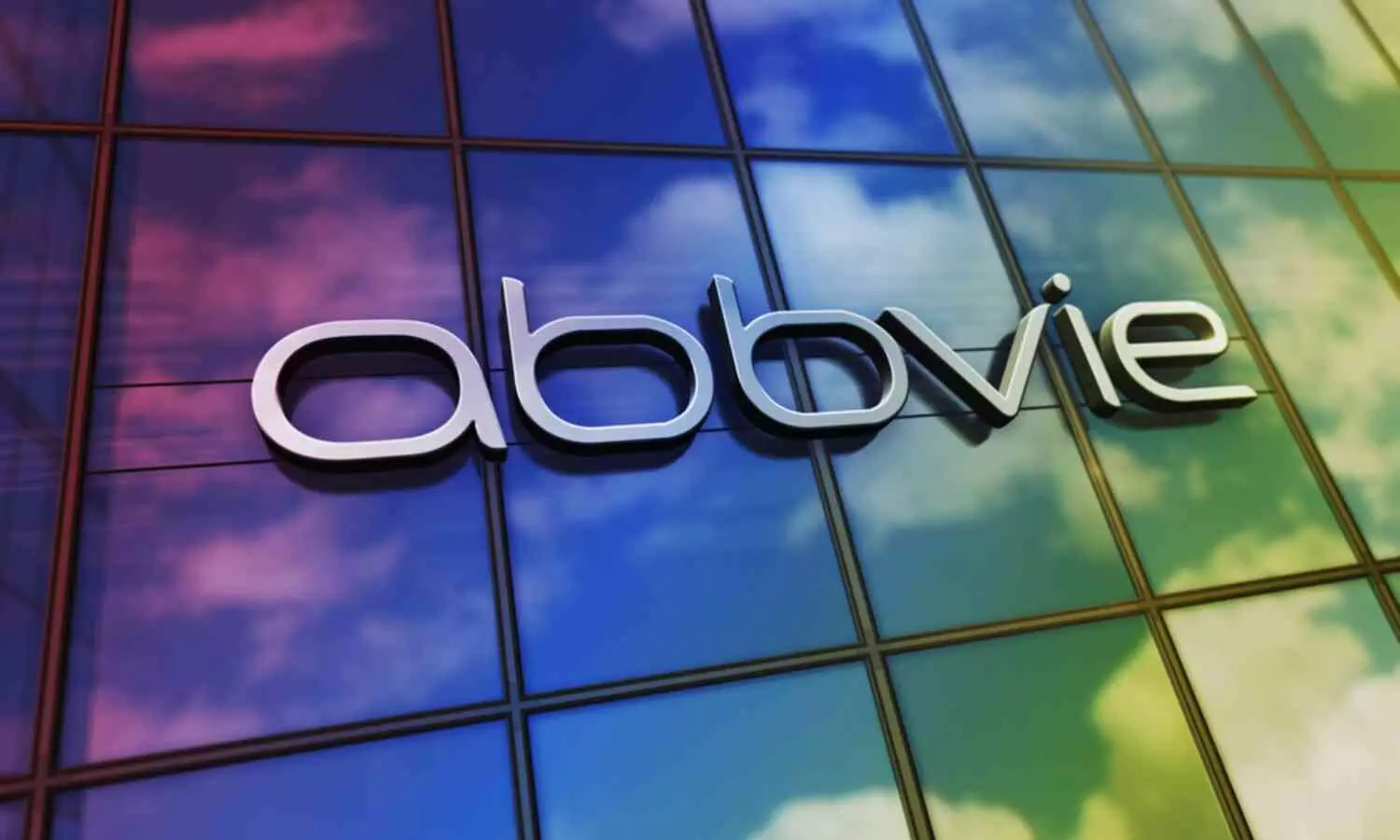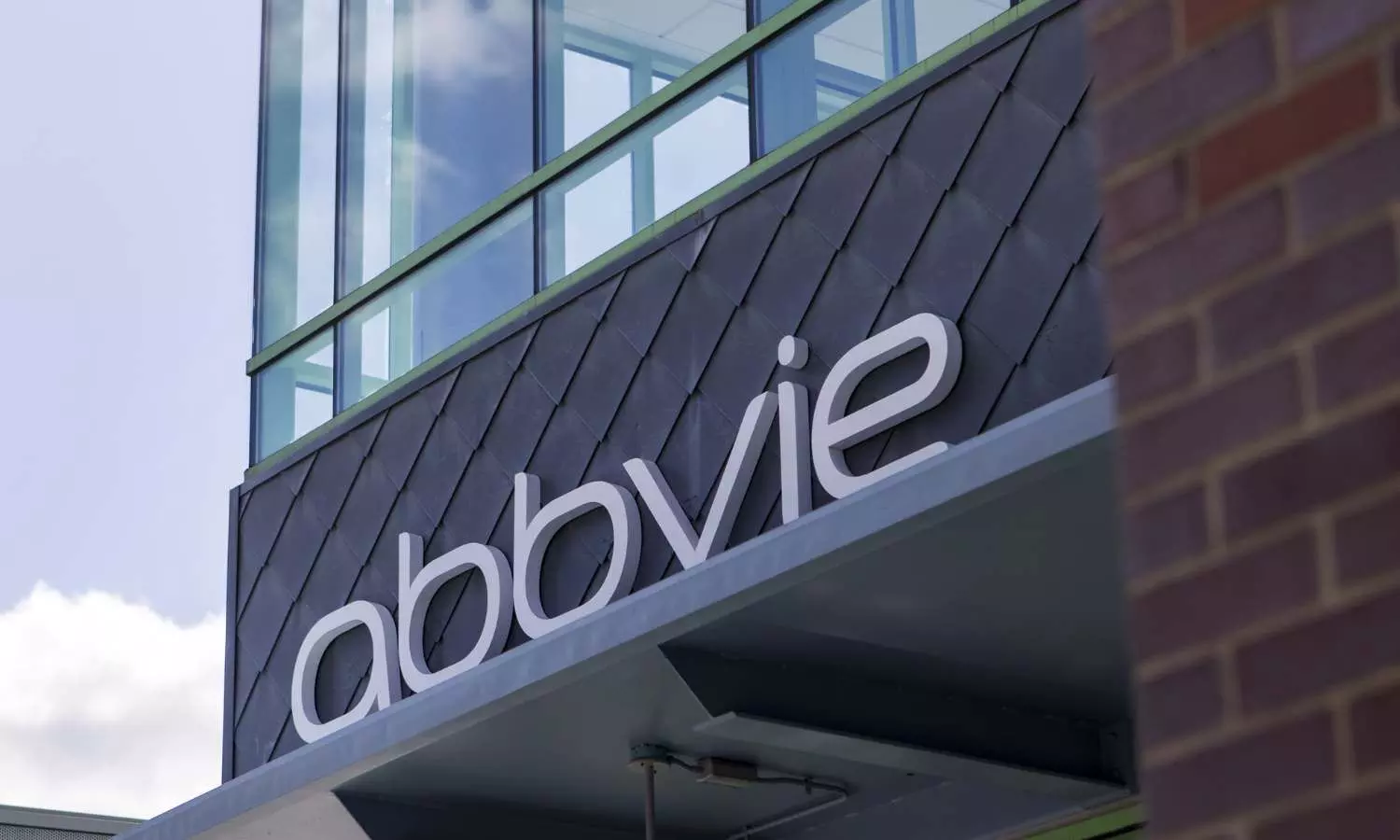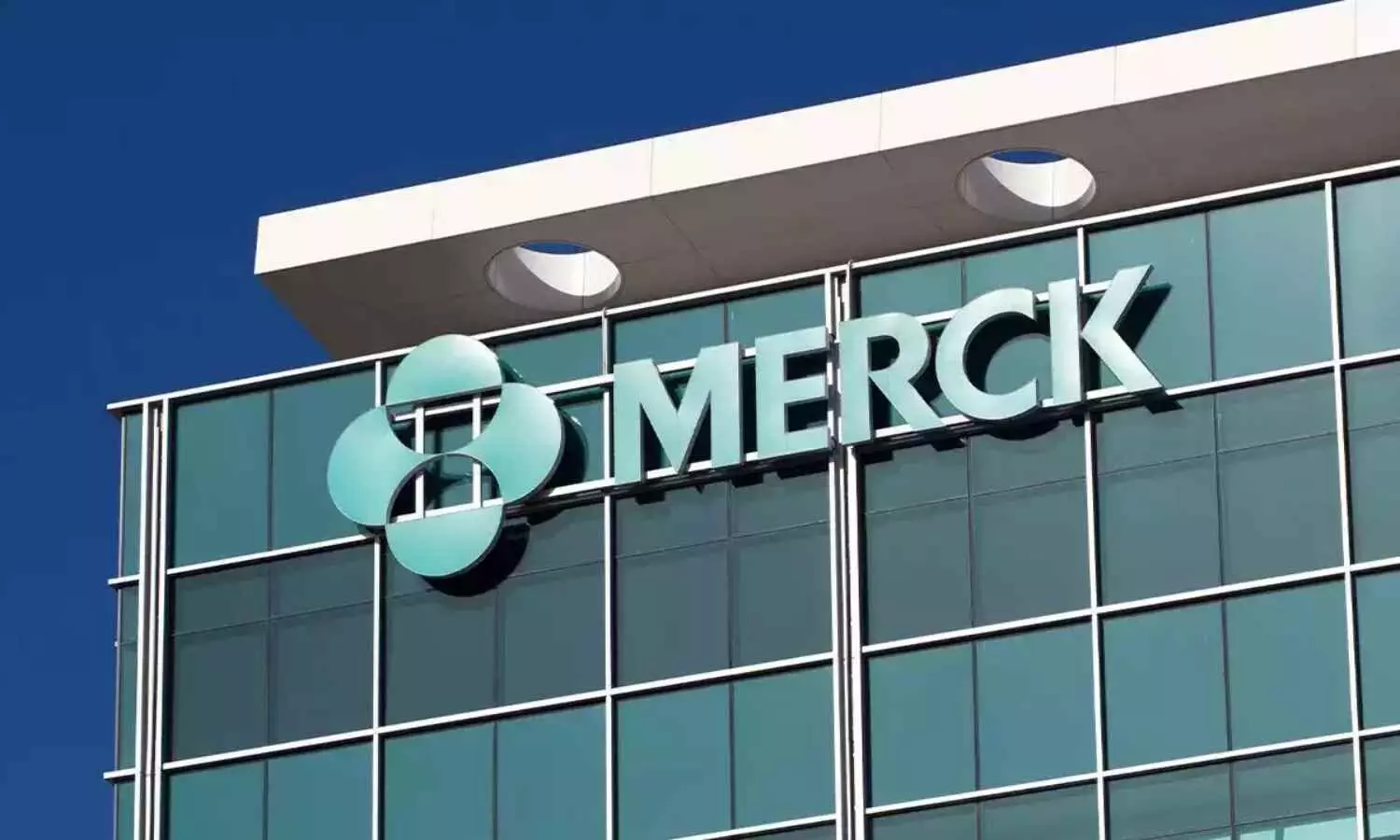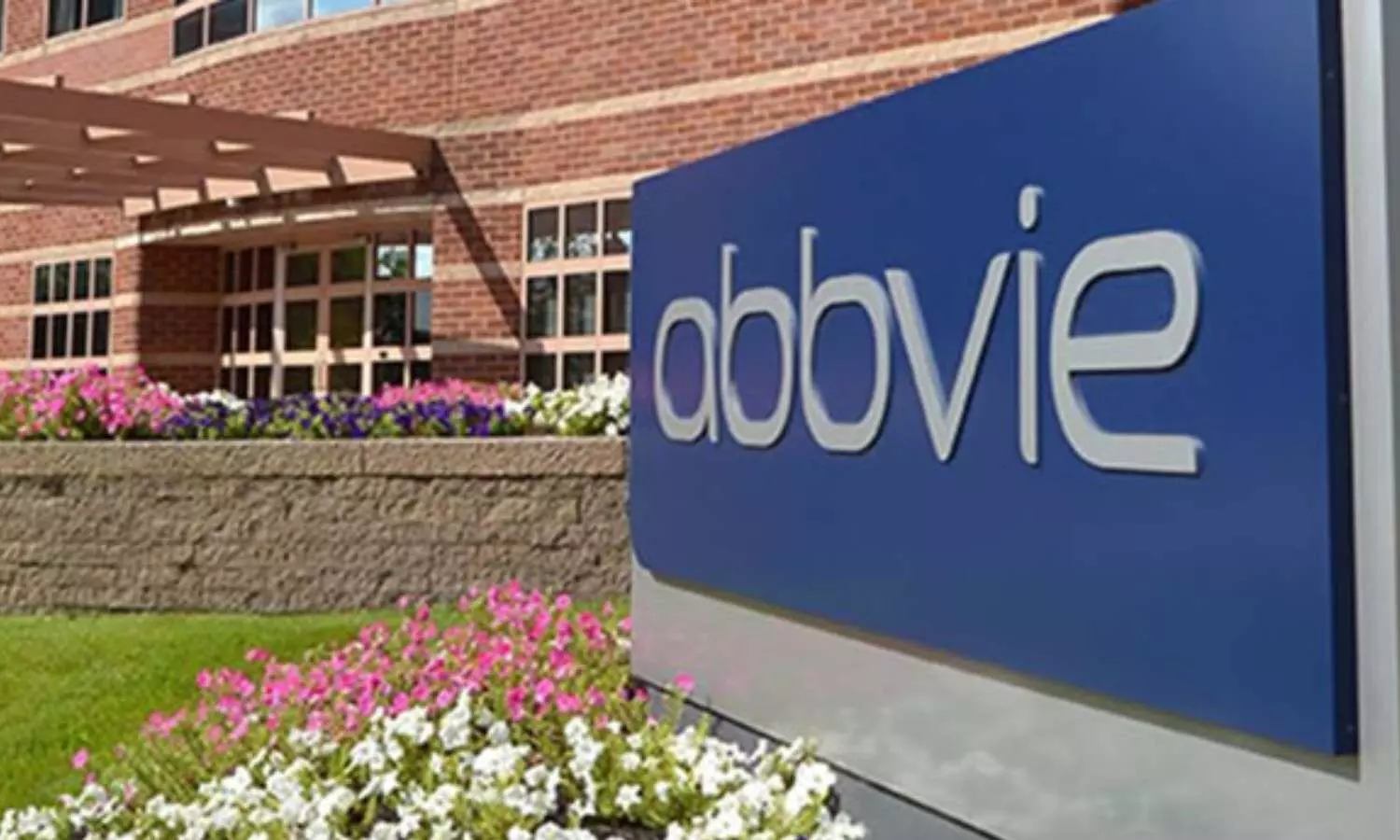Medical News, Health News Latest, Medical News Today - Medical Dialogues |
Indian pharma exports increase 10 percent to USD 27.9 billion in FY24
New Delhi: In the fiscal year 2023-24, the nation's exports of drugs and pharmaceuticals increased 9.67 per cent year-on-year to USD 27.9 billion. This growth occurred despite an overall decline of 3 percent in total exports in the last fiscal.
Data from the commerce ministry indicates that pharmaceutical exports in March saw a particularly significant surge, increasing by 12.73 percent to USD 2.8 billion.
In 2022-23, the exports stood at USD 25.4 billion.
The top five export markets, for the sector during the last fiscal, are the US, the UK, the Netherlands, the United Kingdom, South Africa and Brazil.The US accounts for over 31 per cent of India's total pharma exports, followed by the UK and Netherlands (about 3 per cent each).In 2023-24, the outbound shipments also entered new geographies like Montenegro, South Sudan, Chad, Comoros, Brunei, Latvia, Ireland, Chad, Sweden, Haiti and Ethiopia.An industry expert said that increasing market opportunities and healthy demand in countries like the US are helping exports to record healthy growth rates month after month.Read also: Alembic Pharma Gets CDSCO Panel Nod to Study FDC Carbidopa, Levodopa ER Capsule for export purpose onlyExperts have said that India's pharmaceutical business may exceed USD 130 billion by 2030, supported by expanding market opportunities and heightened demand in the overseas markets. The business stood at over USD 50 billion for the 2022-23.On average, India exports pharma products worth USD 2-3 billion every month.Read also: CDSCO Introduces Online Application System to issue Neutral Code for manufacturing Medical Devices for exportIndia's pharmaceutical industry is the third largest by volume and the 13th largest by value in the world, producing more than 60,000 generic drugs across 60 therapeutic categories.The government has rolled out two production-linked incentive (PLI) schemes to promote domestic manufacturing of key pharmaceutical ingredients and generic medicines
Read also: India to demand faster USFDA inspections of pharma firms at Trade Policy Forum meet
1 year 1 month ago
News,Industry,Pharma News,Latest Industry News
Medical News, Health News Latest, Medical News Today - Medical Dialogues |
Bharat Biotech begins clinical trial of Tuberculosis vaccine MTBVAC in India
Hyderabad: Clinical trials of MTBVAC, the Spanish tuberculosis vaccine, the first live attenuated vaccine of Mycobacterium tuberculosis isolated from a human, have been started in India, the most populated country in the world and the one with the highest number of cases of this infectious disease.
The trials are carried out by Bharat Biotech in close collaboration with Biofabri.
Trials to evaluate the safety and immunogenicity of MTBVAC have started with a
pivotal safety, immunogenicity and efficacy trial planned to start in 2025.
After more than three decades of research, Esteban Rodriguez, CEO of Biofabri
says, "It is a giant step to test in adults and adolescents in the country where
28% of the world’s TB cases accumulate and concludes that more effort and
funding is needed to combat TB, which remains one of the world’s leading
infectious causes of death, especially in India."
Dr. Krishna Ella, Executive Chairman Bharat Biotech added, “Our quest for a
more effective vaccine against Tuberculosis received a big boost, with
clinical trials in India. Our goal to develop TB vaccines to prevent disease in adults
and adolescents has taken a big step. We are honoured to partner with
BioFabri, Dr. Esteban Rodriguez and Dr. Carlos Martin in this noble effort to
reinvent TB vaccines.”
As per the release, the MTBVAC vaccine has passed several milestones before entering clinical
trials in India. The first is that after the recent completion of a Phase2 dose finding trial, a
double-blind, controlled Phase3 clinical trial in newborns has started in 2023,
comparing the vaccine with the current BCG vaccine. 7,000 newborns from South
Africa, 60 from Madagascar and 60 from Senegal will be vaccinated. To date,
more than 1,900 babies have been vaccinated. The aim is to assess the immunogenicity and efficacy of MTBVAC which is
administered intradermally to infants on the first day of life.
Vaccination began at a time of setback in the global fight against TB. Health
restrictions imposed during the COVID-19 pandemic led to an increase in
infections and a decrease in diagnosis and treatment. As a result, annual TB
deaths have risen to over 1.6 million.
This Phase3 neonatal project, partially funded by the European Union through its
EDCTP (European & Development Countries Clinical Trial Partnership)
programme, is being coordinated by Biofabri, as part of a consortium that also
includes the University of Zaragoza (Unizar), TuBerculosis Vaccine Initiative
(TBVI), The University of Cape Town (UCT)/SATVI, Wits VIDA Health Consortium
(WHC), Stellenbosch University (SUN-FAMCRU), Enhancing Care Foundation
(ECF), Center de Recherche Biomedicale Espoir Pour La Santé (CRB-EPLS,
Senegal) and Institut Pasteur de Madagascar (IPM).
"Another important milestone is that after completing a dose escalation trial in HIV
uninfected adults, a Phase2 study in HIV infected adults has started in 2024 to
determine whether MTBVAC is safe in this population. This ongoing trial at 16
sites in South Africa – involving the vaccination of 276 adults – is evaluating safety and immunogenicity in HIV-negative and HIV-positive adults and adolescents
vaccinated with MTBVAC," the release stated.
A Phase2b efficacy study in adolescents and adults is planned to start in the
second half of 2024 in Sub-Saharan Africa.
The studies in adolescents and adults in Sub-Saharan African are led by the
American institution IAVI. The Phase2 HIV safety study is carried out by HIV
Vaccine Trials Network (HVTN) and is funded by the Division of AIDS (DAIDS),
National Institute of Allergy and Infectious Diseases (NIAID), National Institutes
of Health (NIH), Department of Health and Human Services (DHHS). The
Phase2b efficacy study will be carried out by IAVI and will be funded by BMGF
and Open Philanthropy.
This vaccine was developed in the laboratory of the University of
Zaragoza, which has been part of CIBERES since its creation, in collaboration
with Dr Brigitte Gicquel of the Pasteur Institute in Paris. The University of
Zaragoza has the Spanish biotechnology company BIOFABRI as an industrial
partner.
Read also: Bharat Biotech Gets CDSCO Panel Nod To Manufacture Rotavirus Vaccine Live Attenuated, Oral
1 year 2 months ago
News,Industry,Pharma News,Latest Industry News
Medical News, Health News Latest, Medical News Today - Medical Dialogues |
AbbVie, OSE Immunotherapeutics collaborate to develop novel monoclonal antibody for Chronic Inflammation
North Chicago, Ill.: AbbVie Inc. and OSE Immunotherapeutics SA, a clinical-stage immunotherapy company, have announced a strategic partnership to develop OSE-230, a monoclonal antibody designed to resolve chronic and severe inflammation, currently in the pre-clinical development stage.
OSE-230 is a first-in-class monoclonal antibody designed to activate ChemR23, a G-Protein Coupled Receptor (GPCR) target. Activation of ChemR23 may offer a novel mechanism for the resolution of chronic inflammation, modulating functions of both macrophages and neutrophils.
"This collaboration underscores our commitment to expanding our immunology portfolio with the ultimate goal of improving the standard of care for patients living with inflammatory diseases globally," said Jonathon Sedgwick, Ph.D., senior vice president and global head of discovery research, AbbVie. "By leveraging our expertise in immunology drug development, we look forward to advancing OSE-230, which offers a novel mechanism-of-action to treat chronic inflammation."
"We are very pleased to collaborate with AbbVie, a global leader in the development and commercialization of innovative medicines, to drive our OSE-230 program forward," said Nicolas Poirier, chief executive officer, OSE Immunotherapeutics. "This partnership represents a major milestone in our company's progress and recognizes the value of our innovative R&D capabilities. I would like to thank all our employees who helped us reach this milestone through dedication and hard work."
Under the terms of the agreement, AbbVie will receive an exclusive global license to develop, manufacture and commercialize OSE-230. OSE Immunotherapeutics will receive a $48 million upfront payment and will be eligible to receive up to an additional $665 million in clinical development, regulatory and commercial milestones. In addition, OSE Immunotherapeutics will be eligible to receive potential tiered royalties on global net sales of OSE-230.
The transaction is subject to the satisfaction of customary closing conditions, including the applicable waiting period under the Hart-Scott-Rodino Antitrust Improvements Act.
1 year 3 months ago
News,Industry,Pharma News,Latest Industry News
Medical News, Health News Latest, Medical News Today - Medical Dialogues |
AbbVie, Tentarix collaborate to develop conditionally-active, multi-specific biologics for oncology, immunology
North Chicago: AbbVie Inc. and Tentarix Biotherapeutics have announced a multi-year collaboration focused on the discovery and development of conditionally-active, multi-specific biologic candidates in oncology and immunology. The collaboration will integrate AbbVie's expertise in oncology and immunology with Tentarix's proprietary Tentacles platform.
Tentacles are multi-functional, conditionally-active antibody-based biologics that are designed specifically to activate immune cells that can modulate disease pathways, while potentially mitigating safety concerns associated with non-specific targeting of other immune cells.
"Oncology and immunology are two of our key strategic growth areas where we are pursuing novel technologies that aim to deliver transformative therapies, which address unmet patient needs," said Jonathon Sedgwick, Ph.D., senior vice president and global head of discovery research, AbbVie. "This strategic partnership complements our ongoing efforts in developing novel biologics, potentially to expand our oncology and immunology portfolios with conditionally-active multi-specific molecules."
"We are excited to join forces with AbbVie to help accelerate cutting-edge, conditionally-active therapeutic programs towards clinical applications for patients in need," said Don Santel, interim chief executive officer, Tentarix Biotherapeutics. "This collaboration adds to our portfolio of internal and external pipeline programs and is a strong validation of our approach in understanding and targeting complex immune interactions that drive cancers and inflammatory diseases."
Under the terms of the agreements, Tentarix will receive upfront option payments, totaling $64 million from AbbVie, for the two programs. AbbVie will receive an exclusive option to fully acquire the programs following candidate nomination, for an additional undisclosed payment for each program.
Read also: AbbVie concludes acquisition of ImmunoGen
1 year 3 months ago
News,Industry,Pharma News,Latest Industry News
Medical News, Health News Latest, Medical News Today - Medical Dialogues |
AbbVie concludes acquisition of ImmunoGen
North Chicago, Ill.: AbbVie has announced that it has completed its acquisition of ImmunoGen. With the completion of the acquisition, ImmunoGen is now part of AbbVie.
"Together with ImmunoGen, we have the potential to continue redefining the standard of care for those living with cancer," said Robert A. Michael, president and chief operating officer, AbbVie. "The addition of ImmunoGen's treatment for ovarian cancer will accelerate our ability to help patients today, expand our oncology pipeline and drive long-term revenue growth well into the next decade. I want to thank ImmunoGen for their efforts to advance science for patients and we look forward to welcoming our new colleagues to AbbVie."
ELAHERE (mirvetuximab soravtansine-gynx) is an antibody-drug conjugate (ADC) approved by the U.S. Food and Drug Administration (FDA) in ovarian cancer. The FDA granted accelerated approval for ELAHERE in folate receptor-alpha (FRα) positive platinum-resistant ovarian cancer (PROC) patients based on response data. Results from a confirmatory trial currently under review by the FDA show that ELAHERE is the first targeted agent to offer a survival benefit in PROC, with label expansion opportunities across larger segments of the ovarian cancer market.
ImmunoGen's follow-on pipeline of ADCs further builds on AbbVie's existing solid tumor pipeline of novel targeted therapies and next-generation immuno-oncology assets, which have the potential to create new treatment possibilities across multiple solid tumors and hematologic malignancies. Through focused R&D efforts, AbbVie has developed novel ADC technology and has unique strengths in antibody engineering, drug linker chemistry and toxin research. AbbVie and ImmunoGen's combined capabilities represent an opportunity to deliver potentially transformative ADC therapies to patients.
ImmunoGen's investigational Phase 1 asset, IMGN-151, is a next-generation FRα ADC for ovarian cancer with the potential for expansion into other solid tumor indications.
Pivekimab sunirine, currently in Phase 2, is an investigational anti-CD123 ADC targeting blastic plasmacytoid dendritic cell neoplasm (BPDCN), a rare blood cancer, which was granted FDA breakthrough therapy designation for the treatment of relapsed/refractory BPDCN.
Read also: AbbVie unveils Produodopa for Advanced Parkinson's Disease in EU
1 year 3 months ago
News,Industry,Pharma News,Latest Industry News
Medical News, Health News Latest, Medical News Today - Medical Dialogues |
Merck seeks more deals to prepare for Keytruda revenue decline
Merck & Co on Thursday said it was in the market for deals of up to around $15 billion as it plans for a loss of revenue from its aging cancer immunotherapy Keytruda, the world's top-selling prescription medicine.
The drugmaker, which also reported better-than-expected fourth-quarter results on strong Keytruda sales, has already inked multiple deals over the last year, including a $5.5 billion payout to Japan's Daiichi Sankyo for the right to co-develop three antibody drug conjugate cancer drugs."While I feel very good about the progress we've made and the growing portfolio, the diverse and deep portfolio we have in our pipeline, we do continue to believe we need more, and we will continue to prioritize business development," Chief Executive Officer Rob Davis said on a conference call.In addition to deals, Davis said Merck would look for more collaborations similar to the Daiichi Sankyo transactions.Keytruda generated $25 billion in 2023 sales, surpassing peak sales of AbbVie's blockbuster arthritis drug Humira.Keytruda is forecast to top $30 billion in sales by 2026. However, the drug is set to lose its patent protection by the end of the decade.The company's 2023 transactions are already significantly improving Merck's own outlook for future revenue. Merck said it now expects $20 billion from new oncology products in development by the mid-2030s, nearly double its prior oncology pipeline forecast for over $10 billion.It also lifted its mid-2030s outlook for new cardiometabolic products to about $15 billion from more than $10 billion.Merck reported adjusted earnings of 3 cents a share in the fourth quarter, despite taking a charge of $1.69 a share to account for the Daiichi deal. Analysts had expected a loss of 11 cents a share, according to LSEG data.Revenue for the quarter rose 6% to $14.6 billion, compared with estimates of $14.5 billion.Keytruda sales jumped 21% to $6.6 billion as the company was able to increase use of the drug in earlier stage cancers, topping analyst forecast of $6.5 billion.The company forecast 2024 sales between $62.7 billion and $64.2 billion. Analysts, on average, are estimating 2024 sales of $63.5 billion.The New Jersey-based drugmaker expects 2024 earnings of $8.44 to $8.59 per share, above Wall Street estimates of $8.42.Merck also said it has launched a restructuring program to optimize its manufacturing operations related to human and animal health, and expects to complete the program by the end of 2031.Merck expects to record about $4 billion in cumulative pre-tax costs to implement the program. It took a $190 million charge related to the program in the fourth quarter.
Read also: Merck gets USFDA nod for Keytruda plus chemoradiotherapy for FIGO 2014 Stage III-IVA Cervical Cancer
1 year 4 months ago
News,Industry,Pharma News,Latest Industry News
Medical News, Health News Latest, Medical News Today - Medical Dialogues |
EU regulator starts safety review of CAR-T cancer cell therapies
The European Union's drug watchdog has said it had started a review into the safety risks associated with cancer cell therapies made by companies such as Novartis and Gilead Sciences.
The treatment for different types of blood cancer, known as chimeric antigen receptor T-cell therapies or CAR-T, generally involves extracting disease-fighting white blood cells known as T-cells from a patient, re-engineering them to attack cancer and infusing them back into the body.The European Medicines Agency's Pharmacovigilance Risk Assessment Committee (PRAC) said it will review data on secondary malignancies or the development of an additional type of cancer related to the T-cells, after patients use the medicines.The U.S. Food and Drug Administration is also investigating six of these therapies approved in the EU.These include Bristol Myers Squibb's Breyanzi and its partnered therapy, Abecma, with 2seventy bio. J&J unit Janssen and Legend Biotech's Carvykti, Novartis' Kymriah, and Gilead unit Kite's Tecartus and Yescarta are also a part of the review, the EMA said.Read also: AbbVie, Umoja Biopharma collaborate to develop Novel In-Situ CAR-T Cell Therapies
1 year 4 months ago
News,Industry,Pharma News,Latest Industry News
Medical News, Health News Latest, Medical News Today - Medical Dialogues |
AbbVie, Umoja Biopharma collaborate to develop Novel In-Situ CAR-T Cell Therapies
North Chicago: AbbVie, and Umoja Biopharma, an early clinical-stage biotechnology company, have announced two exclusive option and license agreements to develop multiple in-situ generated CAR-T cell therapy candidates in oncology using Umoja's proprietary VivoVec platform.
The first agreement provides AbbVie an exclusive option to license Umoja's CD19 directed in-situ generated CAR-T cell therapy candidates. This includes UB-VV111, Umoja's lead clinical program for hematologic malignancies currently at the IND-enabling phase. Under the terms of the second agreement, AbbVie and Umoja will develop up to four additional in-situ generated CAR-T cell therapy candidates for discovery targets selected by AbbVie.
"As we continue to strengthen our oncology portfolio, we believe that in-situ CAR-T cell therapy represents a paradigm shift utilizing genetic medicine concepts," said Jonathon Sedgwick, Ph.D., vice president and global head of discovery research at AbbVie. "We look forward to working with Umoja's team to advance next-generation in-situ CAR-T therapies, and potentially expand the patient populations and indications benefitting from conventional CAR-T approaches."
Umoja's VivoVec gene delivery platform combines third generation lentiviral vector gene delivery with a novel T-cell targeting and activation surface complex. This enables T cells in the body to manufacture their own cancer-fighting CAR-T cells in vivo. This has the potential to eliminate a number of challenges associated with traditional CAR-T approaches including reliance on gathering a patient's own or donor cells which are modified externally before being delivered back to the patient, the associated time lag and manufacturing challenges of ex vivo cell modification, and the need for patient's lymphodepletion.
"AbbVie is an ideal partner for Umoja given their broad expertise in development and commercialization of novel therapeutics in hematology, oncology, and beyond," said David Fontana, Ph.D., chief operating and business officer at Umoja.
"By bringing together AbbVie's like-minded pursuit of addressing patient unmet needs with our investments in vector biology and fully-owned commercial-scale manufacturing, we look forward to progressing multiple VivoVec drug candidates into the clinic in the coming years," added Andrew Scharenberg, M.D., co-founder and chief executive officer at Umoja.
Under the terms of the two agreements, Umoja received upfront payments and an equity investment from AbbVie. Additionally, for the two agreements combined, Umoja may be eligible to receive up to $1.44B in aggregate for option exercise fees, development and regulatory milestones, with the potential for Umoja to earn additional sales-based milestones and tiered royalties on worldwide net sales.
Read also: AbbVie to focus on smaller deals after buying spree
1 year 5 months ago
News,Industry,Pharma News,Latest Industry News
Medical News, Health News Latest, Medical News Today - Medical Dialogues |
Botox rival Revance loses bid to dismiss Allergan trade secrets lawsuit
United States: A federal judge on Wednesday said Botox maker AbbVie's Allergan unit can move ahead with its lawsuit accusing Revance Therapeutics of taking its confidential data to compete with Allergan's anti-wrinkle injections and facial fillers.
U.S. District Judge Eli Richardson in Nashville, Tennessee, ruled that Allergan plausibly alleged that Revance had acquired and used some of its rival’s trade secrets amid a series of new hires from Allergan.
Richardson said Allergan had “presented enough circumstantial evidence” to overcome Revance’s initial bid to dismiss the lawsuit, which was filed in April.
Nashville-based Revance obtained U.S. regulatory approval in 2022 for an anti-wrinkle injectable product it markets as Daxxify. Revance also separately is developing medication that is biologically similar to Allergan’s Botox.
Attorneys for Revance and a representative for the company did not immediately respond to requests for comment on Thursday.
AbbVie also did not immediately respond to a request for comment.
AbbVie acquired Botox, which launched in 2002, through its $63 billion purchase of Allergan. The drug is also approved for chronic migraine headaches and other therapeutic uses, in addition to cosmetic purposes.
Global Botox net revenue for cosmetics was $620 million in the third quarter, and $748 million for therapeutics in the same period, AbbVie reported in October.
Allergan's lawsuit alleged Revance "accelerated" a plan to recruit from Allergan regulatory professionals, in-house lawyers and sales and marketing employees who were knowledgeable about Botox and the company’s popular dermal filler Juvéderm.
The lawsuit said “it would be very challenging (if not impossible) to produce a biosimilar imitating Botox" without Allergan's confidential information.
Revance in seeking dismissal of the lawsuit said Allergan had not shown Revance had access to any of the trade secrets at issue and called the allegations "nonsensical." It said Allergan had “raced to the courthouse” after Revance won additional regulatory clearances to ramp up production of Daxxify.
Revance said in a court filing that Daxxify “represents a significant threat” to Botox.
The case is Allergan Inc v. Revance Therapeutics Inc, U.S. District Court for the Middle District of Tennessee, No. 3:23-cv-00431.
For Allergan: Jennifer Baldocchi and Eric Dittmann of Paul Hastings; and William (Zan) Blue of Constangy, Brooks, Smith & Prophete
For Revance: Katie Molloy, James Boudreau and Gregory Bombard of Greenberg Traurig
1 year 5 months ago
News,Industry,Pharma News,Latest Industry News
Medical News, Health News Latest, Medical News Today - Medical Dialogues |
CVS Health to remove AbbVie rheumatoid arthritis drug Humira from some drug reimbursement lists in April
CVS Health said on Wednesday it will remove AbbVie's blockbuster rheumatoid arthritis drug Humira from some of its lists of preferred drugs for reimbursement as of April 1, and will recommend biosimilar versions of the medicine instead.
CVS said Hyrimoz and an unbranded version of Humira, both from Swiss drugmaker Sandoz, will be covered across all its formularies, while branded and unbranded near copies of the drug from India's Biocon will be covered on some reimbursement lists.
CVS also announced that AbbVie and CVS-owned company Cordavis, which launched in August, will produce a co-branded version of Humira that will be made available to customers in the second quarter of this year. While most biosimilars are near copies of the branded drug, the Cordavis version will be identical to Humira in its formulation, CVS said.
Unlike generic versions of easy to produce pills that are exact duplicates of the branded medicines, complex biotech drugs made from living cells cannot be exactly matched, thus the term biosimilar.
“By preferring biosimilars that have a significantly lower list price than their reference product, CVS Caremark is putting our customers in the driver’s seat to best meet the healthcare needs of their members and lower drug costs,” said David Joyner, president of CVS's Caremark pharmacy benefit division.
Pharmacy benefit managers (PBMs) act as middlemen for employers and health plans. They negotiate rebates and fees with manufacturers, and create lists, or formularies, of medications that are covered by insurance, and reimburse pharmacies for patients' prescriptions.
A CVS spokesperson said the company expects most of its customers to transition their coverage to biosimilars of Humira, known chemically as adalimumab, once the original drug is taken off formulary, although they will still have the option to cover Humira under some plans.
Humira was once the world's biggest selling prescription medicine with peak sales of $21.2 billion in 2022.
AbbVie said it had expected some payers to make formulary adjustments as more biosimilars entered the U.S. market, and that Humira remains widely available for patients alongside other adalimumab treatment options.
CVS had chosen to keep Humira on the reimbursement list it updated for Jan. 1 2024.
Although nine Humira biosimilars were launched the U.S. last year from drugmakers including Amgen, Pfizer and Boehringer Ingelheim, AbbVie has managed to retain most of the market by negotiating favorable positions on insurance drug coverage lists.
According to data from IQVIA, an average of nearly 76,000 Humira prescriptions were written per week in the second half of last year. Closest competitor Amgen averaged 417 prescriptions per week for its biosimilar Amjevita.
In July, AbbVie said it expected Humira sales to fall by two percentage points less than it had forecast at the start of the year because of those favorable insurance positions.
Three PBMs - Caremark, Cigna's Express Scripts and UnitedHealth Group's Optum Rx - control 80% of the U.S. prescription drug market.
Read also: US FDA turns down full approval of Amgen lung cancer drug Lumakras
1 year 5 months ago
News,Industry,Pharma News,Latest Industry News








